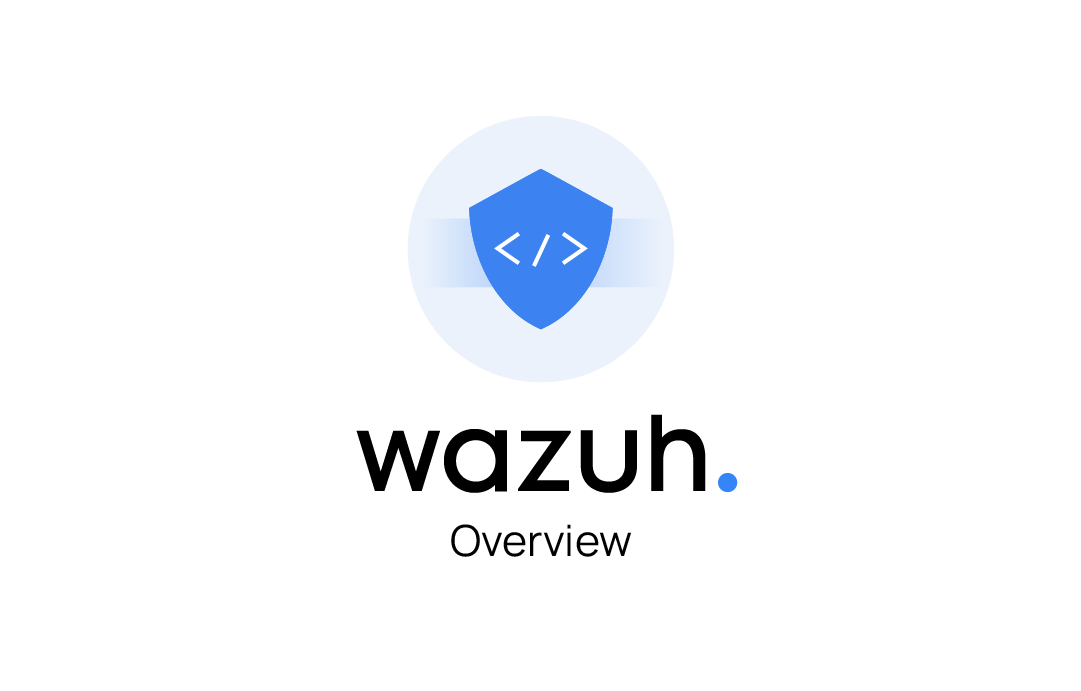Wazuh — Open-Source SIEM and Security Platform
Why It Matters
OSSEC was good as a host intrusion detection system, but it felt dated. Wazuh grew out of OSSEC and expanded into something closer to a full SIEM. It doesn’t just watch logs on one host — it can collect data from endpoints, cloud services, containers, and feed it all into dashboards. For admins, it means one platform that covers intrusion detection, file integrity, vulnerability checks, and compliance reporting.
How It Works
Wazuh has three main pieces: agents, a manager, and an indexer/dashboard (built on OpenSearch/Elastic). Agents run on endpoints (Linux, Windows, macOS, containers) and gather logs, integrity data, and security events. The manager parses them with rules and decoders, raising alerts for suspicious activity. Data goes into OpenSearch where dashboards and visualizations make it easier to work with. It integrates with cloud APIs (AWS, Azure, GCP) to pull in security data beyond just servers.
Technical Notes
| Area | Notes |
| Platforms | Linux, Windows, macOS, containers, cloud APIs |
| Core function | HIDS, SIEM, compliance monitoring |
| Architecture | Agents + Manager + OpenSearch dashboards |
| Features | Log analysis, FIM, vulnerability detection, threat intelligence |
| Integrations | Cloud providers, ticketing systems, SIEM pipelines |
| License | Open source (GPLv2) |
Deployment Notes
– Install Wazuh manager on a Linux server.
– Deploy agents to endpoints or enable agentless mode for some systems.
– Configure OpenSearch + Wazuh dashboards for visualization.
– Import community or custom rules for detection.
– Tune alerts to cut down noise before scaling.
Where It Fits
– SOC teams needing a free alternative to Splunk or QRadar.
– Cloud-heavy environments pulling events from AWS, Azure, GCP.
– Compliance projects where FIM and audit logs are mandatory.
– SMBs and enterprises wanting an open-source SIEM stack.
Caveats
– Needs resources — storage and CPU grow fast with logs.
– Complex to set up compared to single-purpose tools.
– Alert noise can overwhelm until tuned.
– Some features feel polished, others more DIY.

